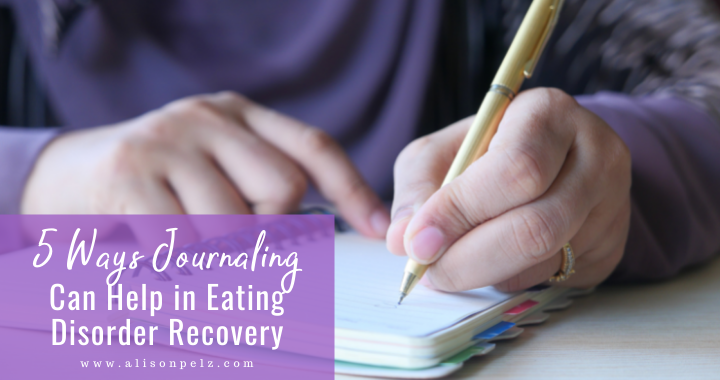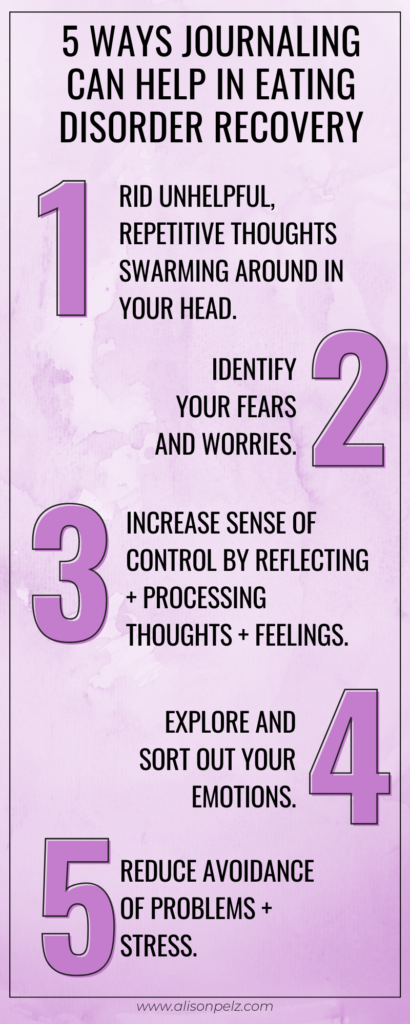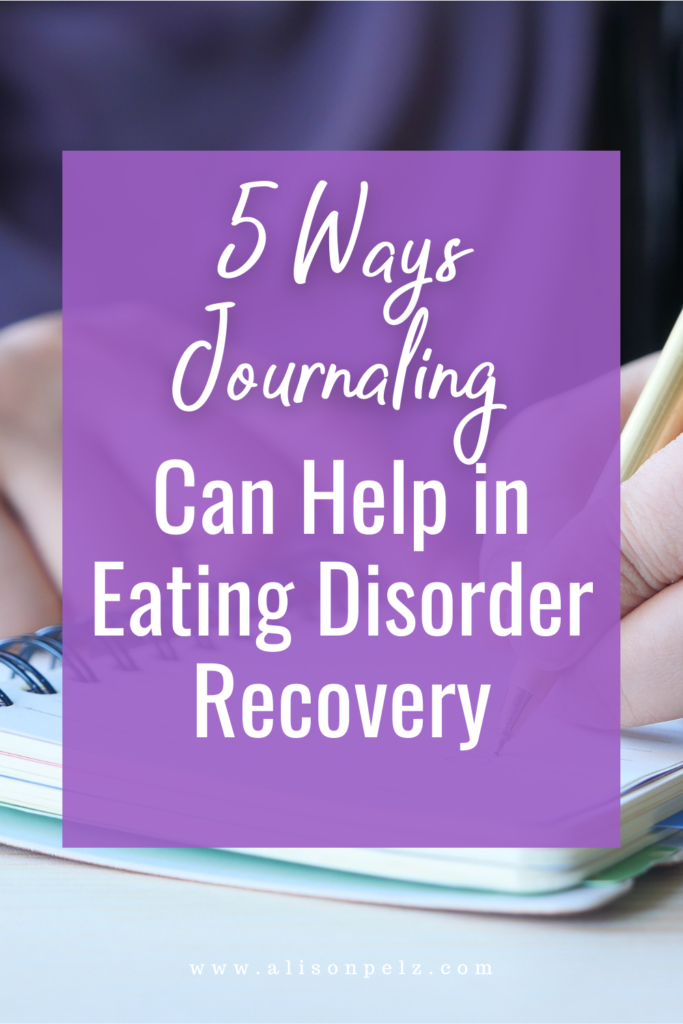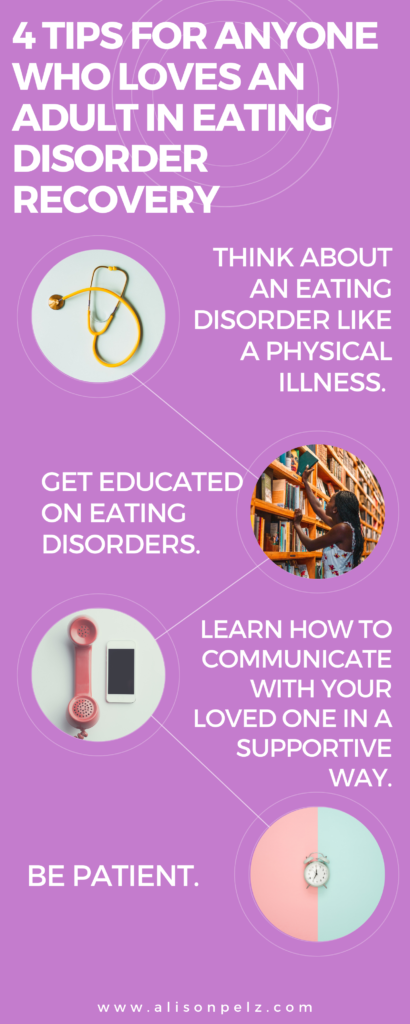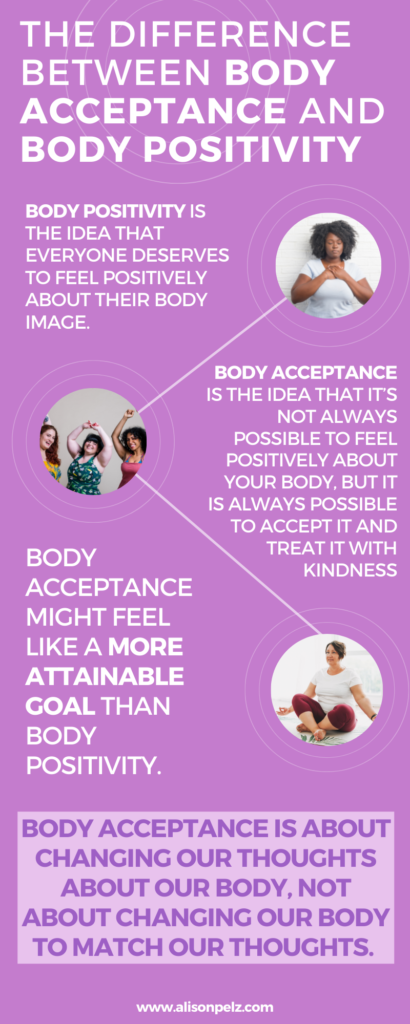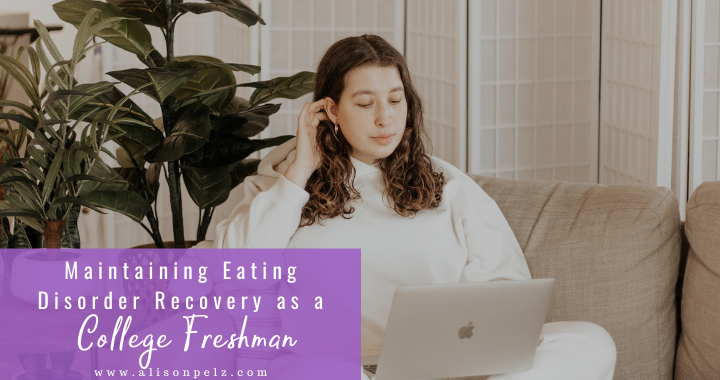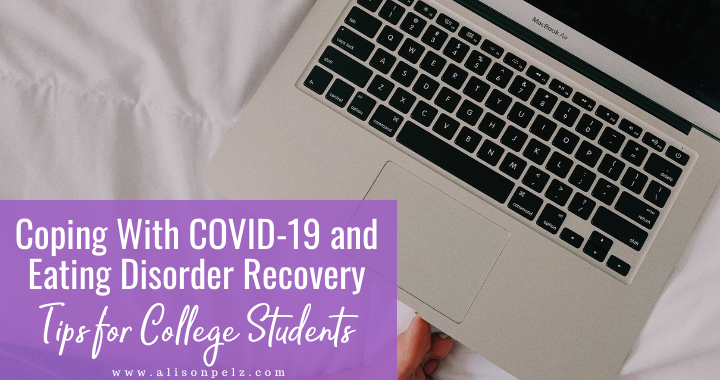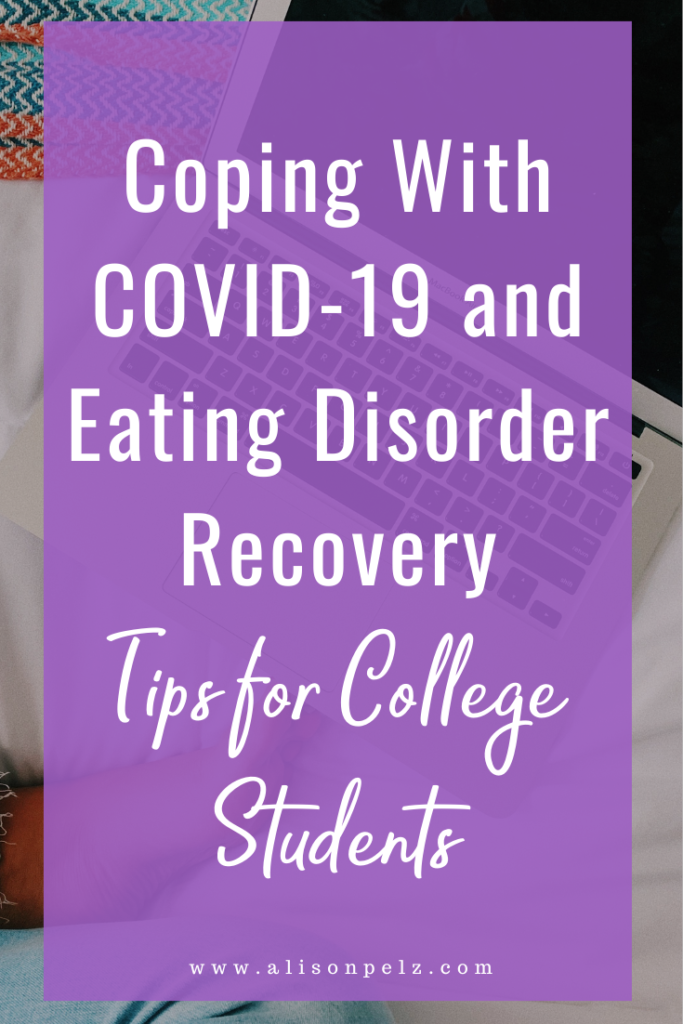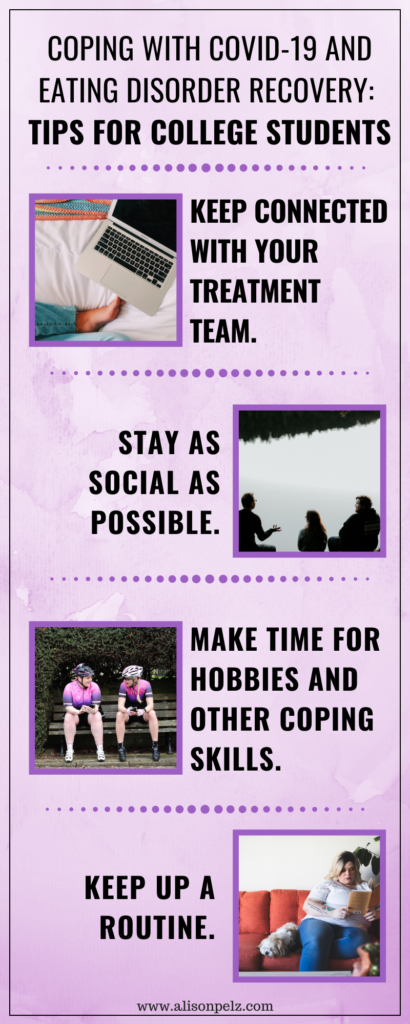Book Review: More than a Body: Your Body is an Instrument, not an Ornament
More than a Body is an important read for those suffering from a negative body image.
Authors Dr. Lexie Kite and Dr. Lindsay Kite (not only sisters, but also identical twins!) are well versed in body image research. Not only do the authors provide a great discussion of what body image is, and how it developed, they deliver an extensive discussion on the influence of society on our body image.
What is this book about?
Lexie and Lindsay provide a framework of body image disturbance and postulate that objectification, both historically and current, of women (and with increasing frequency, boys’ and men’s bodies) is one of the main causes of body image disturbance.
That is, we are trained to focus on how our bodies are seen by others versus what our bodies can do.
In turn, we internalize this message and begin to self-objectify our own bodies. This self-objectification shifts our attention to how our bodies look instead of how we feel in our bodies.
As you can imagine, self-objectification can lead to being preoccupied with the way our bodies look, including increased body comparison and body checking in mirrors.
This shift of our energy and awareness from how our bodies feel to how our bodies look takes up a lot of time and energy, and just leads to feeling badly about yourself and your body.
It often starts from a young age, because a lot of media promotes cultural standards of beauty, even still in 2022. The message has always been that it doesn’t matter how you feel in your body, it matters how the world around you sees your body.
The authors of More Than a Body put forth that women are conditioned to first define themselves by how their body looks and second that they are people with inherent worth.
In a way, the messaging is getting more troubling. Slowly but surely, companies are starting to get the message that appealing to old-school body insecurities doesn’t create as much of a profit as it used to. Instead of being loud about weight loss or fat shaming, companies now try to appeal to people by using language taken from the body positivity movement.
We’ve seen brands like Weight Watchers change their name to WW in an attempt to move their image away from weight loss to “lifestyle change”, while still promoting intentional weight loss and a disordered approach to eating. Everything is still reduced down to the way people look, and not their inherent value as humans.
In order to heal from negative body image, the authors urge us to internalize that we are people first. And our bodies know that we are inherently good.
What did I like about this book?
Importantly, the authors do acknowledge that most body image research is done on cis, white, and often straight-sized bodies. They also discuss weight bias and its harmful effects in addition to discussion on historically marginalized bodies.
The authors’ discussion of the body positivity movement is especially insightful.
They acknowledge that the body positivity movement has expanded the types of bodies (read: size) that are deemed socially acceptable. However, the body positivity movement is flawed because it still focuses on the objectification of women’s bodies.
The idea itself that bodies are to be looked at and objectified is problematic, because who we are as people goes so far beyond what our bodies look like. Having more bodies that we decide as a society are acceptable to look at does nothing to solve the problem of objectifying bodies in the first place, it just adds to the objectification taking place.
The Drs. Kite propose that the only way to improve body image is to eliminate self-objectification and connect with our bodies for what they do for us over how they look. This can be pretty tough to do in the age of social media advertising and diet culture.
The tagline of this book, “Your body is an instrument, not an ornament,” resonates with me as a woman, and in my work with clients.
It is a great mantra to keep at the top of your mind to shift your focus from how your body looks to what your body does for you.
The book is lengthy and provides more of a framework of why we are fraught with negative body image rather than provide solutions for body image problems. I appreciated that the authors used vignettes to explain their work, and they often cite research to back up what they’re saying.
If you’re looking into the background of where negative body image comes from and want to learn more, this book will be an interesting read for you. If you’re looking for actionable solutions for body-image problems, this book might not be what you’re looking for.
Who should read this book?
I would recommend this book to:
- clinicians who treat people with body image disturbance
- parents & caregivers who want to learn more about how to raise children with healthy body image
- those who suffer from body image disturbance
- folks who are in the later stages of eating disorder treatment
Although this book is better than some at expanding the body image discussion past cis, white, straight size, abled bodies, the fact that it is more than likely aimed at this audience (rather than the marginalized bodies it briefly focuses on) it is one of the limitations of the book.
The authors have developed an online course (which I have not taken) as another body image resource. But, I also hope that they consider developing a workbook to accompany this book to help guide folks through the difficult process of connecting with our bodies for what they do over how they look.
Are you curious to learn more about the authors of this book and their perspective on body image?
Here is a link where you can hear Dr. Linsday Kite speak on body image – this video also gives a solid introduction to the book.


